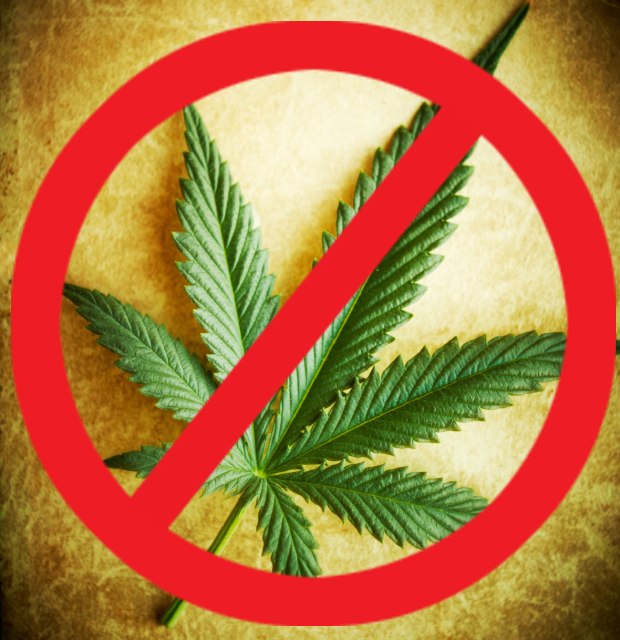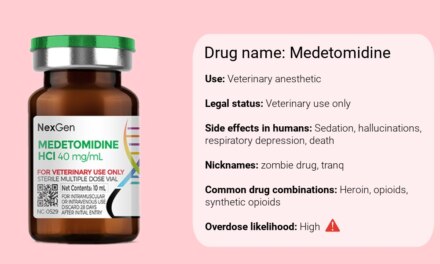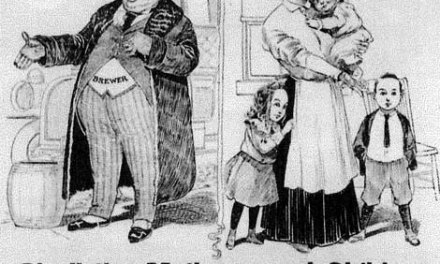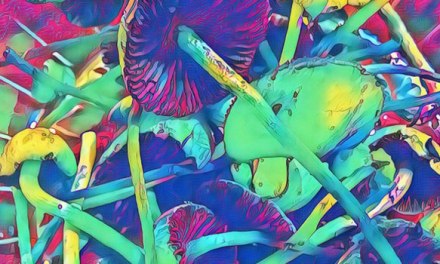Saw a piece in Huff Post titled ‘Why Is Marijuana Banned? The Real Reasons Are Worse Than You Think.’ Great title, and being a sucker for titles, I clicked. Here it is in case you feel like doing the same.
As so often happens, I was disappointed at what I found. It was mostly the same reasoning that makes it difficult to come to any genuinely intelligent conclusions about drug policy. A few examples from the text:
Quote, about why cannabis is illegal: “Most of us assume it’s because someone, somewhere sat down with the scientific evidence, and figured out that cannabis is more harmful than other drugs we use all the time– like alcohol and cigarettes.“
I never assumed that. In fact, if it were true, it’d be the first time in my experience of American life. Drug policy in the USA has always been heavily influenced by fear and politics. It’s a big reason why our drug laws make so little objective sense. By the way, I dismiss comparisons of cannabis to alcohol and tobacco because alcohol and tobacco are actually the most damaging to our health among commonly abused substances. You could argue that by comparison, heroin and crack are ‘safe’. If liquor and cigarettes had been put up for approval this year rather than being ‘grandfathered’ in the remote past, neither would make it through the review process. Just too many adverse consequences.
The only logical way to evaluate the potential risks of use of any drug is on its own merits. That’s what we should do with cannabis.
“…Harry Anslinger was afraid. He found himself in charge of a huge government department, with nothing for it to do.“
I like a conspiracy theory as much as the next paranoiac, but it’s just possible that Harry Anslinger, like so many others, believed exactly as he said. There’s a history of extremism in American politics, and also of ideological conversions from one extreme to another– radicals who become arch-conservatives, religious fanatics who turned to atheism, and so forth. Extreme personalities often undergo extreme reversals. How does it inform our discussion of the relative safety of cannabis? Not much. Turns out there are plenty of extremists on both sides of the debate.
“Anslinger polled scientists and found 1 in 30 who said cannabis was dangerous, and believed him.“
An old trick: Find the one expert who agrees with you and set about ignoring the rest. Reminds me of the current chair of the Senate Science Committee on climate change. But it’s a debate tactic, not a comment on the merits of cannabis as a drug.
The author goes on to argue that cannabis doesn’t correlate with increased risk of psychosis. Here’s a better overview.
The important question from a health standpoint is: should someone with significant emotional problems be a regular user of pot? What are the risks? Does it help one to maintain emotional stability, as some insist, or interfere with it? Or in some instances, both?
Alcohol posed enough dangers to justify outlawing it on public health grounds, but when America tried that, it simply didn’t work. Why not? Too many Americans wanted to drink it, hazards be damned. I can’t help wondering if that’s what’s happening at present with cannabis.
What are the real risks and benefits of cannabis use? That’s what science needs to tell us, in clear terms. We don’t need more propaganda from either side.
As far as polling the public, that’s not a good way to determine whether a drug is safe. All we learn is how those who were polled answered the question at the moment it was asked. That can change, with time, or just by rephrasing the question.
Could their opinion be incorrect? Well, sure. I guess we’ll have to keep watch and see….













